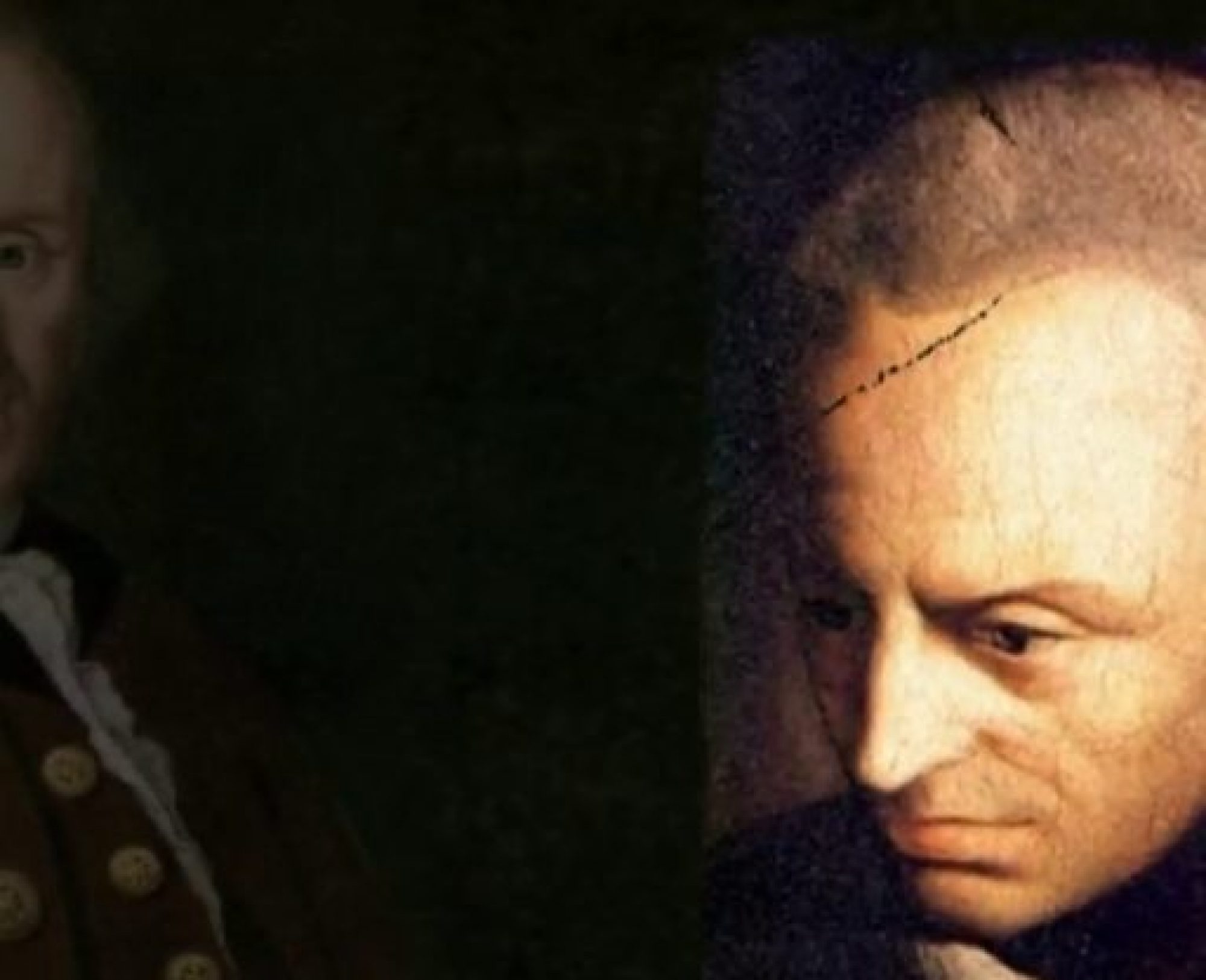Channel: Michael B Brezinsky, Ph.D.
Duration: 55:26
Description: This lecture should be viewed in conjunction with, and prior to, those on Parts 2 & 3 of the Groundwork.
Published: July 2, 2014 9:10 pm

Channel: Michael B Brezinsky, Ph.D.
Duration: 55:26
Description: This lecture should be viewed in conjunction with, and prior to, those on Parts 2 & 3 of the Groundwork.
Published: July 2, 2014 9:10 pm
Channel: The Core
Duration: 4:20
Description: Jeremy Bentham and Immanuel Kant
Published: October 12, 2014 4:31 pm
Channel: viki hute
Duration: 43:13
Description: About Philosophy of Emmanuel Kant
Published: September 11, 2017 12:54 am
Channel: FishEye_aist
Duration: 52:1
Description: Immanuel Kant Philosophical (Rus)
Published: August 12, 2014 4:55 am
Channel: Philosophy Overdose
Duration: 51:36
Description:
Grant Bartley from Philosophy Now and guests John Callanan from King’s College, London, and Andrew Ward from the University of York discuss the 18th century German philosopher Immanuel Kant. https://philosophynow.org
Published: November 25, 2016 9:35 pm
Channel: Gerçek Bilgi
Duration: 3:13
Description:
“… a moral world – we must accept the cause, and the more compulsory it is, the more it must be accepted that it is a God of God, a God.”
Immanuel Kant, Critique of the Judicial Power, p.229
Channel: FULL audio books for everyone
Duration: 10:17:32
Description:
The Critique of Pure Reason audiobook
by Immanuel Kant (1724-1804).
Translated by John Miller Dow Meiklejohn (1830-1902).
The Critique of Pure Reason, first published in 1781 with a second edition in 1787, has been called the most influential and important philosophical text of the modern age. Kant saw the Critique of Pure Reason as an attempt to bridge the gap between rationalism (there are significant ways in which our concepts and knowledge are gained independently of sense experience) and empiricism (sense experience is the ultimate source of all our concepts and knowledge) and, in particular, to counter the radical empiricism of David Hume (our beliefs are purely the result of accumulated habits, developed in response to accumulated sense experiences). Using the methods of science, Kant demonstrates that though each mind may, indeed, create its own universe, those universes are guided by certain common laws, which are rationally discernable. (Summary by M.L. Cohen)
Published: September 4, 2013 5:14 pm
Channel: wheatoncollege
Duration: 1:4:22
Description: A History of Philosophy | 51 Introducing Immanuel Kant
Published: June 16, 2015 2:51 pm
Channel: Philosophy Overdose
Duration: 42:50
Description:
Bryan Magee and Geoffrey Warnock discuss the German philosopher Immanuel Kant, who is considered the central figure in modern philosophy. Kant synthesized early rationalism and empiricism, set the terms for much of 19th and 20th century philosophy, and continues to exercise a significant influence today in epistemology, ontology, ethics, political philosophy, aesthetics, and other fields. Kant is famous for many ideas, including his distinction between appearances and things-in-themselves, and that the basic categories of the mind structure experience. He had argued that we can only know things as they appear and come to us through our sensory and mental faculties, not how they are in themselves independent of us and our mental apparatus. Among other things, this allowed for the possibility of synthetic a priori knowledge, i.e. necessary and substantial truths that are about the world but which are not derived from the world. He is also famous for deontology in moral philosophy, especially his notion of the categorical imperative, and that reason is the ultimate source of morality. He also famously maintained that aesthetics is based on a faculty of disinterested judgment. This interview was part of a BBC program from 1987. It’s not the best interview in my opinion, but it’s still worth checking out. Unfortunately, the quality is kind of shitty, but the audio and video should at least stay in sync.
Published: July 24, 2016 1:23 am
Channel: CollegeBinary
Duration: 3:32
Description: Three Minute Philosophy – Immanuel Kant
Published: December 11, 2009 11:58 am